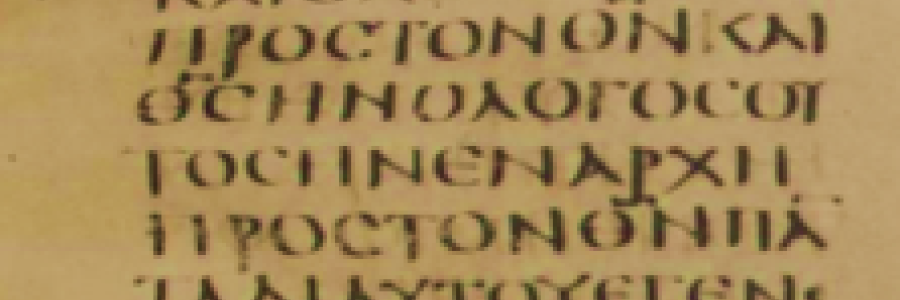Literary Theological Imagination
Body
“The function of the literary imagination is to incarnate meaning in concrete images, characters, events, and settings rather than abstract or propositional arguments…. Literature and theology are complementary ways of putting us in possession of Christian doctrine. Neither is complete in itself.” - Ref21




Discussion